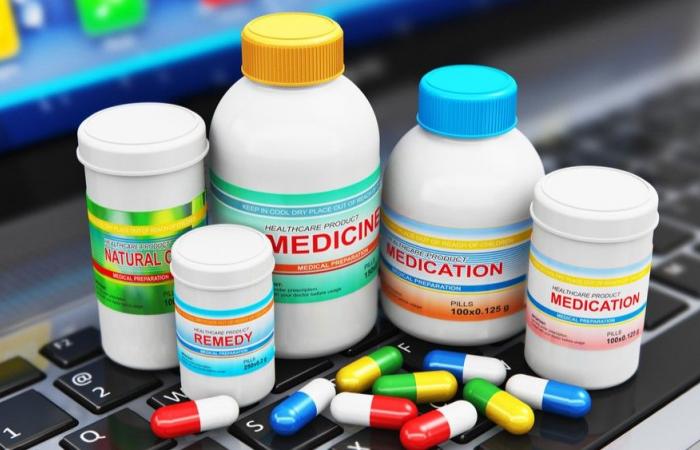During his speech in the House of Councilors on December 31, 2024, the Minister of Health and Social Protection, Amine Tahraoui, recalled that this practice is formally prohibited by law. He warned against illegal platforms that endanger the security of citizens, highlighting the difficulty of assessing the scale of these activities. The increasingly worrying situation requires immediate measures to preserve the health of Moroccans. To combat this phenomenon, a circular issued by the President of the Public Prosecutor’s Office instructed the King’s Attorneys General, close to the Courts of Appeal, to mobilize their services in order to combat this practice, which continues to grow, both in Morocco and ‘on a global scale.
In this sense, Mr. Tahraoui underlined, in response to a question from Lahcen Haddad, Istiqlalian Advisor, that 10% of medicines sold in developing countries, including a large proportion online, were counterfeit. “Studies have revealed that the consumption of medicines via the Internet is constantly increasing,” added the minister. The Minister of Health thus insisted on the fact that only approved pharmacies, pharmaceutical establishments or public and private health structures had the right to sell a medicine. To this end, he indicated that this sector was governed by strict laws which govern the medicines sector from manufacturing to distribution. In this vein, Mr. Tahraoui recalled the draconian nature of the controls to which all of these actors are subject, and who are required to respect very specific quality standards and ethical commitments.
Approached by “L’Opinion”, Dr. Amine Bouzoubaa, Secretary General of the Confederation of Pharmacists’ Unions of Morocco (CSPM), expressed his concerns regarding the illegal sale of medicines online. He stressed, in this sense, that this practice continues to grow, and deplores that the authorities are unable to curb it effectively. According to him, Law 17.04 clearly prohibits the sale of medicines outside pharmacies, and any violation of this text exposes offenders to fines and prison sentences.
Dr Bouzoubaa warns of serious risks associated with selling medicines online. He cites quality problems, including the absence of active ingredient in the products, as well as the falsification of labels, expiration dates and inappropriate storage conditions. He also mentions that the World Health Organization (WHO) reports that these medicines may contain heavy metals, which can cause damage to certain organs. Also, other products withdrawn from the market also continue to be sold online despite their dangerousness.
-The Doctor thus denounces the sellers of certain health products, whom he considers to be experts in communication rather than in health. Their main goal appears to be profit, not consumer protection. They have mastered the art of promoting products they do not know, often through misleading advertisements that influence citizens to buy expensive products, much more expensive than the drugs available in pharmacies.
“However, there are simple ways to verify the authenticity of these products. For medicines, you must consult the PPV (Public Selling Price) labeling and check registration with the Directorate of Medicines and Pharmacy and the Ministry of Health. For food supplements, it is essential to check the PPC (Recommended Public Price) and registration with the Ministry of Health or the ONSA (National Office for Sanitary Safety of Food Products), thus guaranteeing their conformity,” said he added.
Finally, he underlines the importance of increased vigilance on the part of the authorities. In this regard, the health union is calling for stricter control by the authorities, particularly customs, to prevent the entry of illegal medicines into the country. In addition, he insists on the need for rigorous monitoring by the electronic police to effectively combat the illegal distribution networks of these products.






